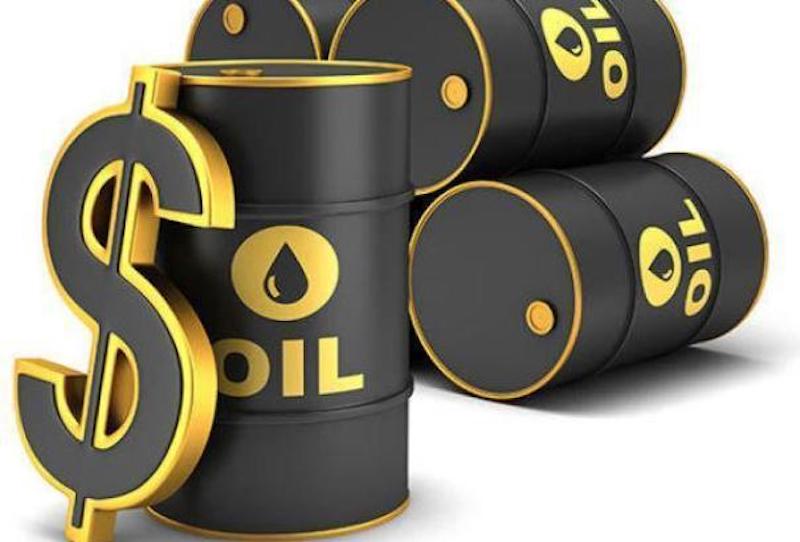The oil market gained more than 1% on Friday, marking the second week in a row of gains, as supplies tightened in some parts of the world and US inflation data indicated price rises were slowing.
Brent futures rose $1.29, or 1.6%, to $79.89 per barrel, while US West Texas Intermediate crude (WTI) rose $1.30, or 1.8%, to $75.67 per barrel.
The US Personal Consumption Expenditure (PCE) index, the Federal Reserve’s preferred inflation gauge, rose 0.3 percent month on month in February, compared to a 0.6 percent rise in January, according to data released on Friday.
Core PCE increased 4.6 percent year on year, a slight slowing from the January level. Including food and energy, headline PCE increased 0.3% monthly and 5% annually, compared to 0.6% and 5.3% in January.
The softer-than-expected data showed that monthly energy prices in the world’s largest economy fell by 0.4%, while food prices rose by 0.2%, goods prices rose by 0.2%, and services rose by 0.3%.
Other data from the report show that personal income increased by 0.3%, slightly more than the 0.2% estimate. Consumer spending increased by 0.2%, compared to the 0.3% predicted.
This suggests that rising inflation and supported oil prices may lead to less aggressive interest rate hikes by the US Federal Reserve, increasing investor demand for risk assets such as oil.
Oil prices were also boosted after producers shut down or reduced output at several oilfields in northern Iraq’s semi-autonomous Kurdistan region following the shutdown of the northern export pipeline.
Since Saturday, Iraq has been forced to halt approximately 450,000 barrels per day of crude exports from the Kurdistan region (KRI) via a pipeline running from its northern Kirkuk oil fields to the Turkish port of Ceyhan.
Turkey halted the flow of Iraqi crude through the pipeline after Iraq won an arbitration case alleging that Turkey violated a joint agreement by allowing the Kurdistan Regional Government (KRG) to export oil to Ceyhan without Iraq’s consent.
At a meeting on Monday, the Organization of Petroleum Exporting Countries and Allies (OPEC+), led by Russia, is expected to maintain their current output agreement.


